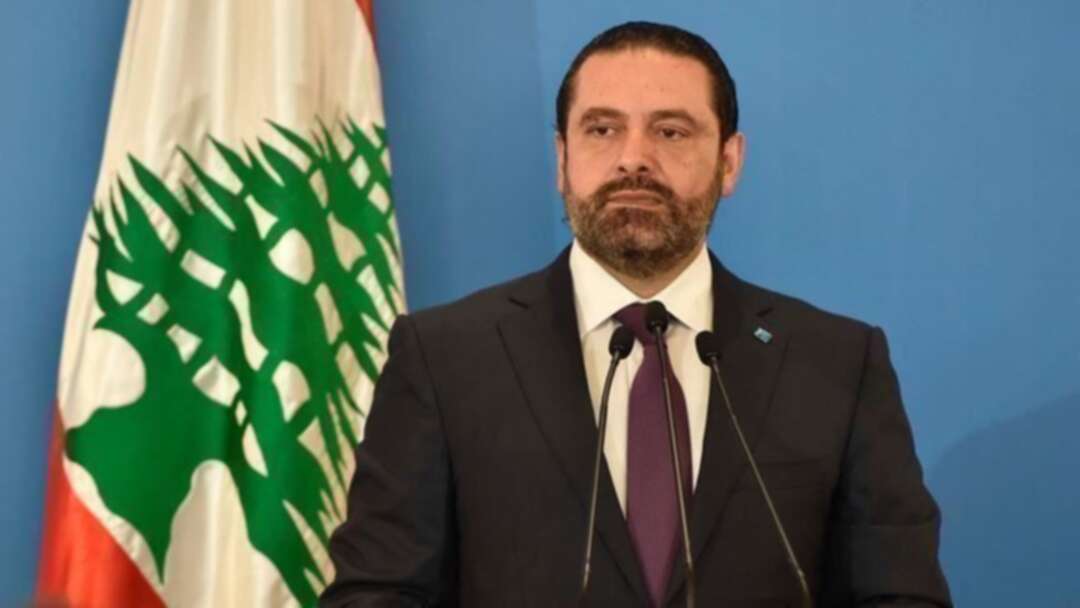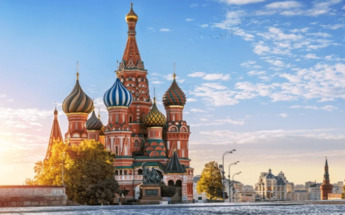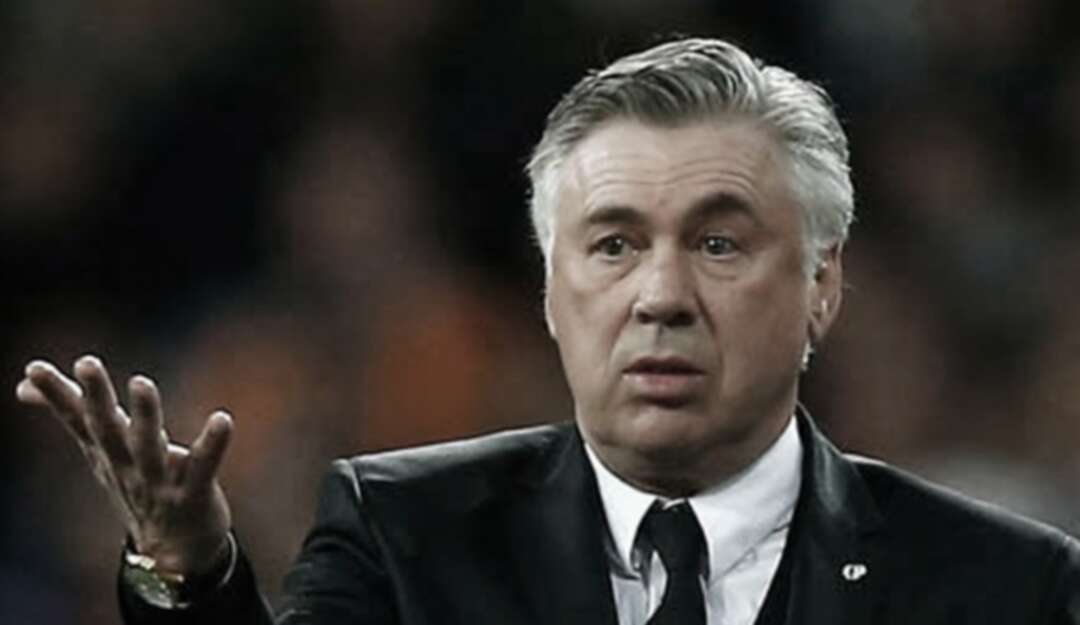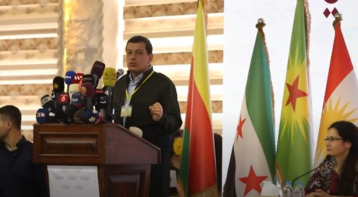-
Hariri: Hezbollah can ignite a war for "regional reasons", but it does not run the government!

Lebanese Prime Minister Saad Hariri has said that Hezbollah can start a fire or a war for regional reasons that do not concern Lebanon, but it does not run the government. This came during an interview with CNBC.
“It is not my problem or my mistake that Hezbollah has become so strong,” Hariri said. But to tell me (without clarifying who’s saying) that Hezbollah is running the government, no. Hezbollah does not run the government, we run it.” "Lebanon and its government will not be held responsible for Hezbollah's recent attacks" on Israel, he continued. “We do not agree with Hezbollah on these actions. I do not agree with Hezbollah on these actions.”
Hezbollah, backed by Iran, said its fighters destroyed an Israeli military vehicle on the road of the Avivim barracks near the northern border of Israel, killing and wounding those in it. Israel responded with dozens of artillery shells targeting southern Lebanon.
Since August 25, Lebanon has been witnessing escalating security tensions, with two drones landing in the southern suburb of Beirut, and the following day there were three explosions in military centers of the Popular Front for the Liberation of Palestine (General Command), in the area of Qusaya in Zahle AL-Bekaa.
Israel did not deny or confirm responsibility for what Lebanon witnessed, but Lebanese President Michel Aoun considered what happened as a "declaration of war" by Tel Aviv.
The UN Interim Force in Lebanon (UNIFIL) said it was committed to "containing tension" on the border between Lebanon and Israel, a few days after a limited confrontation between Hezbollah, the state and Israel.
Lebanese Prime Minister Rafik Hariri met with UNIFIL commander General Stefano del Cole, according to a UN statement.
"The rocket attack led to retaliatory shelling by the Israeli army and could have led to an undesirable escalation of the situation that UNIFIL and the parties could not control" the UNIFIL commander said in a statement.
He considered Hezbollah's actions a "flagrant violation" of UN resolution 1701, which ended a 33-day war between Israel and Hezbollah in the summer of 2006.
"We continue to work closely with the parties to contain tensions and incidents and provide a safe and secure environment in the region," Del Cole said.
The two parties were the Lebanese army and the Israeli army, a UNIFIL spokesman told AFP.
Hariri and the UNIFIL commander agreed "on the importance of strengthening the capabilities of the Lebanese Armed Forces in the UNIFIL area of operations to enable them to assume greater security responsibilities along the Blue Line," which forms the land border between Lebanon and Israel, the statement said.
Hariri said that "the Lebanese state diplomatically contained developments in the south," pointing out that "Resolution 1701 did not fall and still exists, and what we are interested in is to continue to implement this resolution and protect Lebanon."
Tensions began on August 24 with an Israeli raid in Syria that killed two of Hezbollah’s fighters, followed by accusations that Israel carried out a twin-aircraft attack on its stronghold in the southern suburbs of Beirut.
Tags
You May Also Like
Popular Posts
Caricature
BENEFIT Sponsors BuildHer...
- April 23, 2025
BENEFIT, the Kingdom’s innovator and leading company in Fintech and electronic financial transactions service, has sponsored the BuildHer CityHack 2025 Hackathon, a two-day event spearheaded by the College of Engineering and Technology at the Royal University for Women (RUW).
Aimed at secondary school students, the event brought together a distinguished group of academic professionals and technology experts to mentor and inspire young participants.
More than 100 high school students from across the Kingdom of Bahrain took part in the hackathon, which featured an intensive programme of training workshops and hands-on sessions. These activities were tailored to enhance participants’ critical thinking, collaborative problem-solving, and team-building capabilities, while also encouraging the development of practical and sustainable solutions to contemporary challenges using modern technological tools.
BENEFIT’s Chief Executive Mr. Abdulwahed AlJanahi, commented: “Our support for this educational hackathon reflects our long-term strategic vision to nurture the talents of emerging national youth and empower the next generation of accomplished female leaders in technology. By fostering creativity and innovation, we aim to contribute meaningfully to Bahrain’s comprehensive development goals and align with the aspirations outlined in the Kingdom’s Vision 2030—an ambition in which BENEFIT plays a central role.”
Professor Riyadh Yousif Hamzah, President of the Royal University for Women, commented: “This initiative reflects our commitment to advancing women in STEM fields. We're cultivating a generation of creative, solution-driven female leaders who will drive national development. Our partnership with BENEFIT exemplifies the powerful synergy between academia and private sector in supporting educational innovation.”
Hanan Abdulla Hasan, Senior Manager, PR & Communication at BENEFIT, said: “We are honoured to collaborate with RUW in supporting this remarkable technology-focused event. It highlights our commitment to social responsibility, and our ongoing efforts to enhance the digital and innovation capabilities of young Bahraini women and foster their ability to harness technological tools in the service of a smarter, more sustainable future.”
For his part, Dr. Humam ElAgha, Acting Dean of the College of Engineering and Technology at the University, said: “BuildHer CityHack 2025 embodies our hands-on approach to education. By tackling real-world problems through creative thinking and sustainable solutions, we're preparing women to thrive in the knowledge economy – a cornerstone of the University's vision.”
opinion
Report
ads
Newsletter
Subscribe to our mailing list to get the new updates!






















